#multicrustacea
Explore tagged Tumblr posts
Text

Copepod
“Copepods of various species. Photos were taken using a Biolam R-11 microscope. For photography, the dark field method was combined with polarization. Thanks to polarizing microscopy, the glow of muscle stripes in the bodies of some crustaceans is visible. Each photo is the result of panoramic shooting and focus stacking.” - via Wikimedia Commons (original description translated from Russian using Google Translate)
#wikipedia#wikipedia pictures#nature#animals#copepods#copepoda#crustacean#arthropoda#multicrustacea#arthropods#marine life#marine biology#marine animals#marine creatures#fish lice#crustaceans#sea animals#sea creatures#sea critters#ocean animals#oceancore#ocean aesthetic#ocean creatures#ocean critters#zoology
185 notes
·
View notes
Text
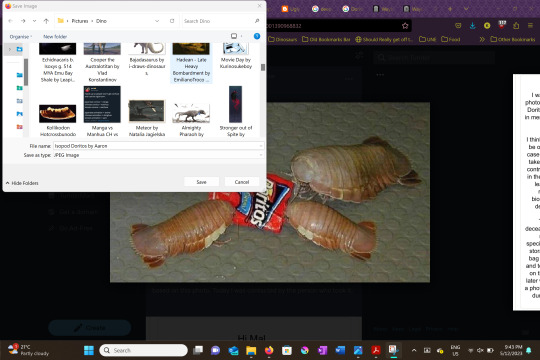
With the current discourse on plagiarism, (thanks hbomberguy for getting peeps into citing), I wasn't satisfied with attributing the image to just an "Aaron", so I did some digging. The finds were shocking...
It really is him!
This Blogspot page confirms the image comes from Deepwrecks, but the domain for sale. The Wayback Machine was being unresponsive, but I found this on a separate Blogspot page.
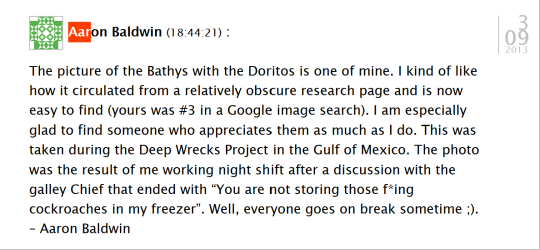
Looking up an Aaron Baldwin, I found a marine biologist who mainly works in taxonomy in Alaska and British Columbia.
This third (and final) Blogspot page provides a references and Aaron Baldwin who works mainly in Taxonomy and provides a picture:

(Honestly, I'm a bit face blind, but it looks like the same guy but older to me).
The Blogspot also provides a page for a website that Aaron has contributed to, based on the wildlife of British Columbia. The website has a gallery listing by photographer (wow! What a convenient way to find a source! More of that, please!) and sure enough, Aaron has a tonne of marine Biology photos on there.
This is good enough evidence for me. I probably could've just asked OP for receipts, but it was a good research exercise. Here's Aaron's ResearchGate, give him some love and Doritos.
Aaron, if you're reading this, thanks for the joy and inspiration in our lives from your moment of photographer's instinct. Thank you for teaching us about marine biology. I hope you have a wonderful day. (Also my sister is an undergrad, studying marine biology on an overseas scholarship, who just loves some networking opportunities, winkwinknudgenudge).
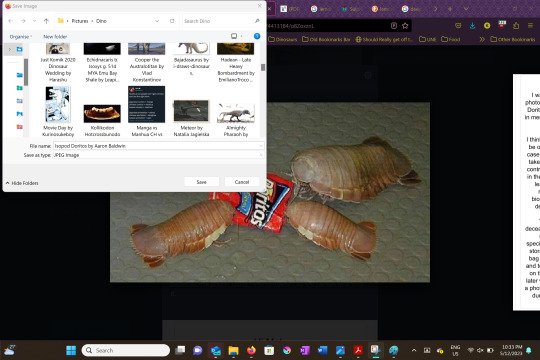
And now, I can rest.
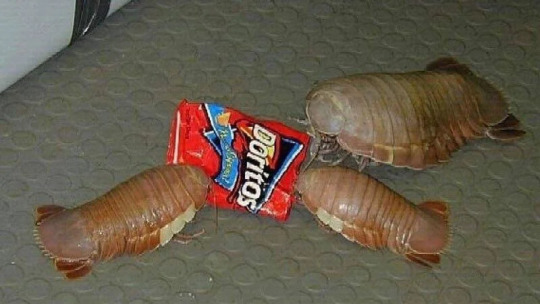
THE ORIGIN OF THIS IMAGE:
So in my etsy I sell a pin of some isopods having at a bag of doritos based on this photo. Today I was contacted by the person who took it.

I asked to share this info and he gave permission!
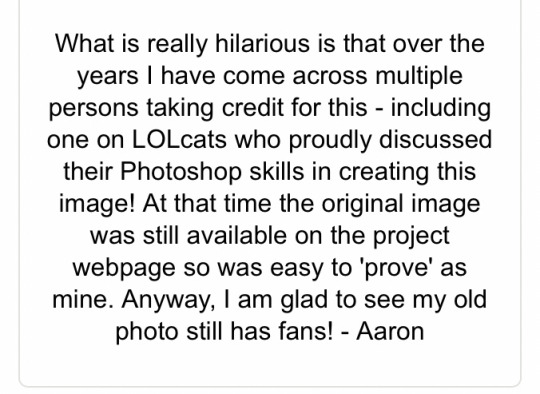
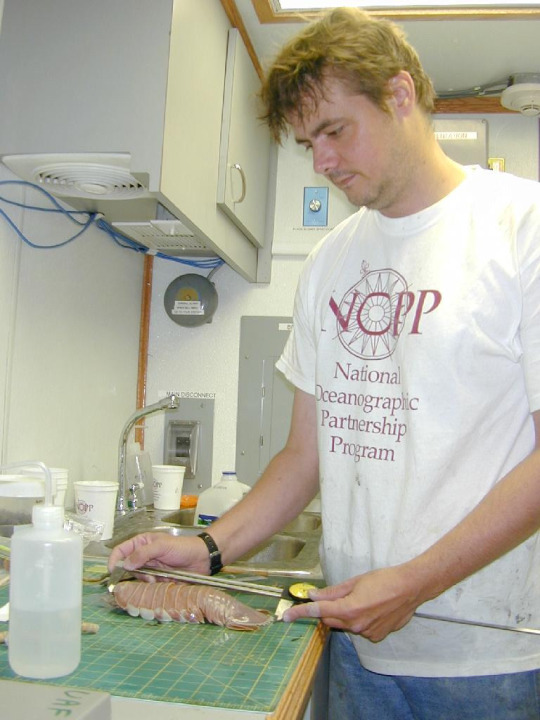
Here’s the picture of him working with isopods and here’s a link to their published research!
#Aaron Baldwin#Marine Biology#Deepsea Isopod#Bathynomus#Cirolanidae#Isopoda#isopods#Malacostraca#Multicrustacea#Arthropods#Metazoa#animals#Marine biology memes#There are many benefits#to being a#marine biologist#photography
71K notes
·
View notes
Photo


Simple little isopod friend
Cubaris nigroflava
19/07/22
#Cubaris nigroflava#Black-and-yellow Spheric Pill Woodlouse#Cubaris#Reclined Pill Woodlice#Armadillidae#Tropical Pill Woodlice#Crinocheta#Holoverticata#woodlice#woodlouse#Oniscidea#Isopoda#isopods#Peracarida#Eumalacostraca#Malacostraca#Multicrustacea#Typical Crustaceans#Crustacea#Crustaceans#bugs#bugs tw#bugblr#bug#insects#insectblr#insect#insects tw#entomology#Arthropods
49 notes
·
View notes
Photo

Yellow line arrow crab (Stenorhynchus seticornis)
Photo by jonmcclintock
#yellow line arrow crab#arrow crab#stenorhynchus seticornis#stenorhynchus#stenorhynchinae#inachoididae#majoidea#brachyura#pleocyemata#decapoda#eucarida#eumalacostraca#malacostraca#multicrustacea#crustacea#pancrustacea#arthropoda#panarthropoda#ecdysozoa
27 notes
·
View notes
Photo
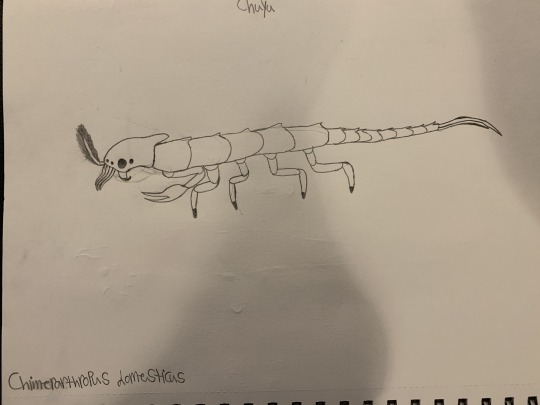
Chuyu
Kingdom: Animalia
Phylum: Chordata
Class: Arthropoda
Subphylum: Crustacea
Superclass: Multicrustacea
Class: Malacostraca
Subclass: Eumalacostraca
Superorder: Eucarida
Order: Xenocarida
Family: Chimerarthropodidae
Genus: Chimeroarthropus
Species: C. domesticus (”domesticated chimerical jointed-foot”)
Information: with a name that means “snatcher” in the Chelonian language, it is easy to see why these creatures were domesticated by them. The Chuyu is a golden retriever-sized crustacean that can breath both in and out of water. Uniquely for a crustacean, it possesses tentacles for grabbing onto prey, as well as a pair of mandibles for chewing on prey. The armor of the Chuyu is tan in color, which allowed its wild ancestors to blend in on the sandy beaches and sea floors of Sortoon. After being exported off world, the Chelonians domesticated the Chuyu, and they currently breed them for both meat and for helping in raids, since the Chuyu is naturally attracted to shiny objects. The Chuyu is, as stated earlier, a carnivore, and primarily feeds on small animals and other marine life. At the end of their tail, they possess two cerci and a long terminal filament like a silverfish. The feathery antennae on its head are incredibly sensitive, and allow it to detect even minor differences in scent, which also makes it a good “bloodhound” of sorts.
13 notes
·
View notes
Text
bad headline :(

The new study confirms this diagram, with insects in the allotriocarida. Shrimp belong to multicrustacea (along with lobsters and crabs), which is the sister group to allotriocarida.
So bugs is not shrimp. Bugs is only distant relative of shrimp. Bugs is most closely related to the following crustaceans, from closest to most distant:
Remipedes:

Branchiopods:

and Cephalocaridans:


bugs is…. shrimp????
91K notes
·
View notes
Text

Copepod
“Copepods are aquatic animals like most crustaceans. They live en masse in all depths of both sea and fresh water, as well as in puddles, swamps, and some species in moist moss and wasteland. Among them are also parasites whose appearance can be changed beyond recognition and which live on fish and other aquatic animals. Free-living copepods are only a few millimeters long (0,5-2mm) and play an important part in the water body's food chain: they reproduce relatively quickly, and by feeding on tiny microscopic organisms, they themselves are constantly food for larger aquatic animals. Around 8,500 species of copepods are known in the world, according to the latest data, 82 are known in Estonia, but the existence of 100 species is assumed.” - via Wikimedia Commons
#copepod#crustacean#arthropoda#arthropods#wikipedia#wikipedia pictures#nature#animals#marine biology#biology#zoology#multicrustacea#copepoda#marine animals#marine life#marine creatures#sea animals#sea creatures#oceancore#ocean animals#sea critters#fish lice#ocean creatures#ocean life
39 notes
·
View notes
Text
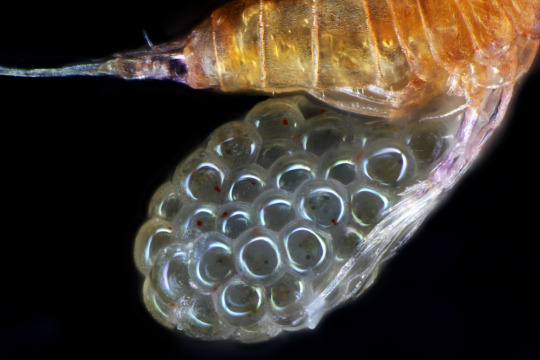
Copepod
#copepod#copepoda#egg sac#wikipedia#wikipedia pictures#nature#animals#marine life#marine biology#marine animals#sea creatures#sea critters#fish lice#arthropods#crustacean#arthropoda#multicrustacea#oceancore#ocean aesthetic#ocean life#ocean animals#ocean#zoology
38 notes
·
View notes
Text

Copepod
“Corycaeus sp., a copepod with huge eyes, frontal lenses and pigmented eye stalks. Width of lenses 200 µm.” - via Wikimedia Commons
#wikipedia#wikipedia pictures#nature#animals#copepods#copepod#copepoda#multicrustacea#arthropods#crustacean#arthropoda#marine biology#marine animals#marine creatures#marine critters#marine bio#marine biodiversity#oceancore#seacore#ocean animals#ocean aesthetic#ocean#ocean creatures#ocean critters#sea animals#sea critters#sea creatures
18 notes
·
View notes
Text
ATLANTIC OCEAN (AP) — Unionized members of the Pancrustacean taxon (which besides covering Multicrustacea also covers the Hexapoda, also known as bugs) have voted overwhelmingly in favour of authorising negotiatiors to call a strike if they're unable to secure safer working conditions as well as a new contract.
the american pancrustacean union's negotations are dragging out. a strike is sure to follow
8 notes
·
View notes
Photo
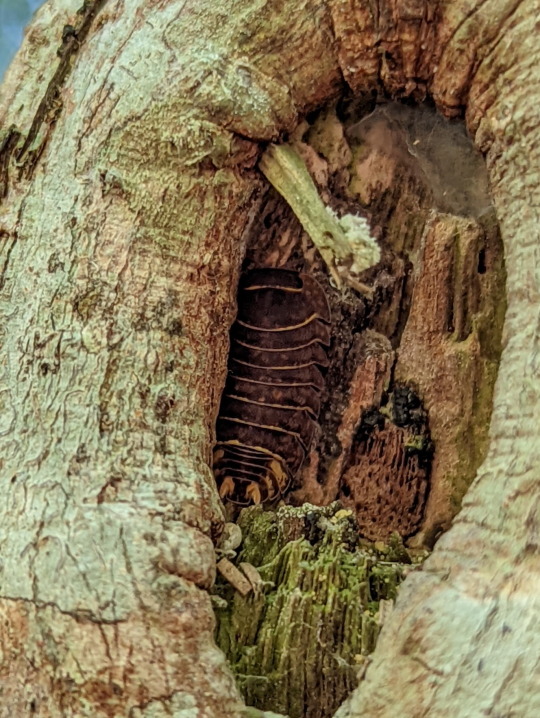

Hiding
Unidentified, family Armadillidae
19/07/22
#Unidentified#Armadillidae#Tropical Pill Woodlice#woodlouse#woodlice#Crinocheta#Holoverticata#Oniscidea#Isopoda#isopods#Peracarida#Eumalacostraca#Malacostraca#Malacostracans#Multicrustacea#Typical Crustaceans#Crustacea#Crustaceans#camouflage#bugs#bugblr#bugs tw#insects#insect#insectblr#insects tw#entomology#invertblr#invertebrates#Arthropods
24 notes
·
View notes
Photo

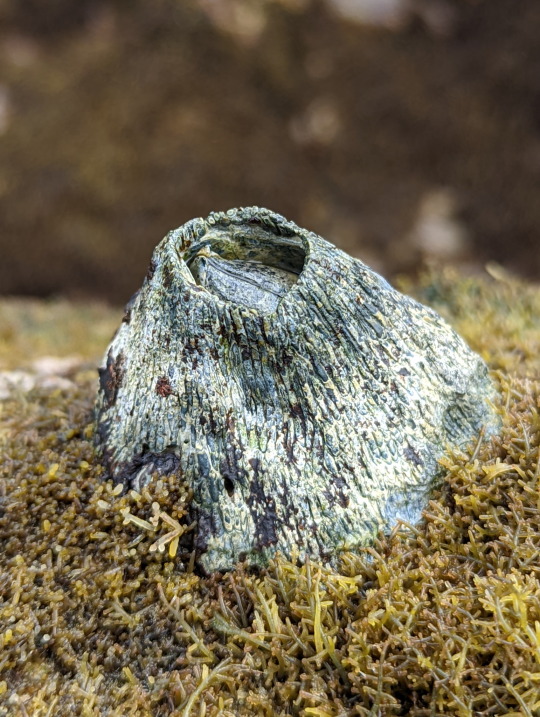
Volcano Barnacles
Towering monoliths of the tidepools, though only a few centimetres tall.
Tetraclita squamosa, “Green Volcano Barnacle”
15/06/22
#Tetraclita squamosa#Green Volcano Barnacle#Tetraclita#barnacles#Tetraclitidae#Coronuloidea#Balanomorpha#Symmetrical Sessile Barnacles#Thoracicalcarea#Thoracica#Cirripedia#Crustacea#Crustaceans#Multicrustacea#Hexanauplia#Thecostraca
31 notes
·
View notes
Photo
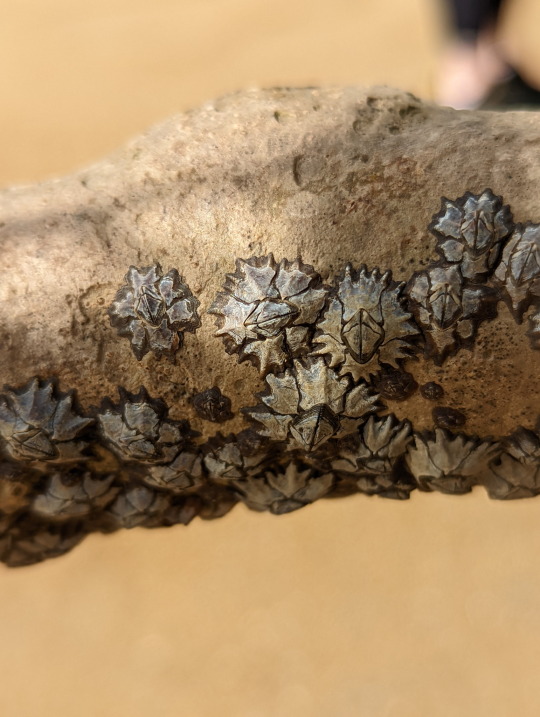


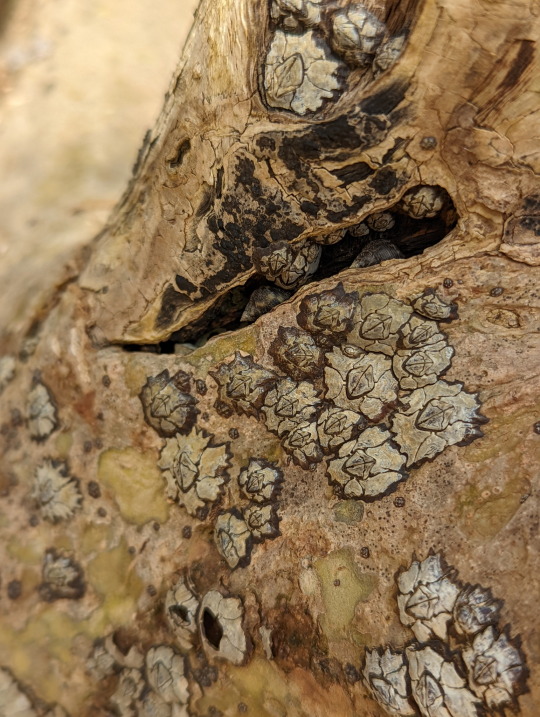
Barnacles at home on a Mangrove tree
many people don’t seem to realize that barnacles are a kind of crustacean. Well, you do now.
Why they’ve called a Mangrove tree home, is because they simply look for any sturdy surface to latch onto. Permanently. That’s why they’re often found on man-made structures.
Unidentified, Family Chthamalidae
15/06/22
#Chthamalidae#Barnacles#Chthamaloidea#Balanomorpha#Thoracicalcarea#Thoracica#Normal Barnacles#Cirripedia#Thecostraca#Hexanauplia#Multicrustacea#Crustacea#crustaceans#tidepooling#outside entomology
38 notes
·
View notes
Photo
Coconut crab (Birgus latro)
Photo by Drew Avery

#sourcing#coconut crab#birgus latro#birgus#coenobitidae#paguroidea#pleocyemata#decapoda#eucarida#eumalacostraca#malacostraca#multicrustacea#crustacea#arthropoda#ecdysozoa
50 notes
·
View notes
Photo


Peekaboo!
Unidentified, family Armadillidae
21/12/22
#Armadillidae#Unidentified#Tropical Pill Woodlice#Crinocheta#Holoverticata#woodlouse#woodlice#Oniscidea#Isopoda#Isopods#Peracarida#Eumalacostraca#Malacostraca#Malacostracans#Multicrustacea#Typical Crustaceans#Crustacea#Crustaceans#Arthropods#Arthropoda#bugs#bug#bugs tw#bugblr#insectblr#insects#insects tw#entomology#invertblr#invertebrates
7 notes
·
View notes
Photo
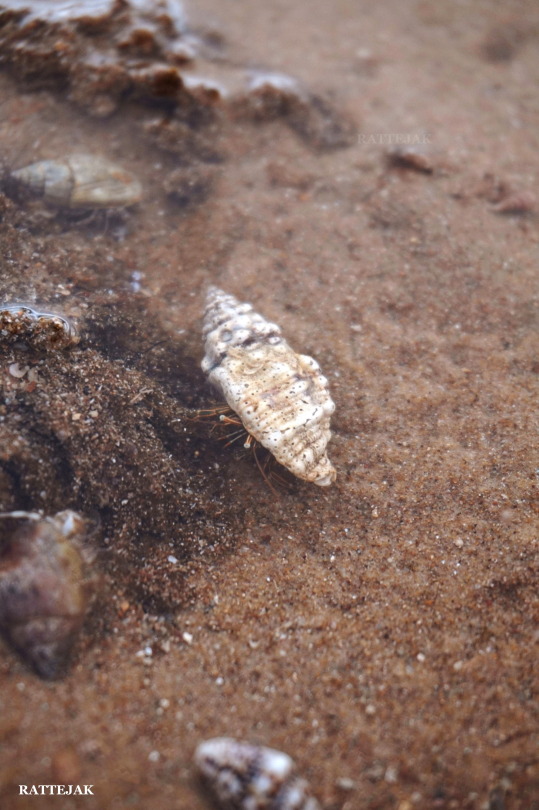
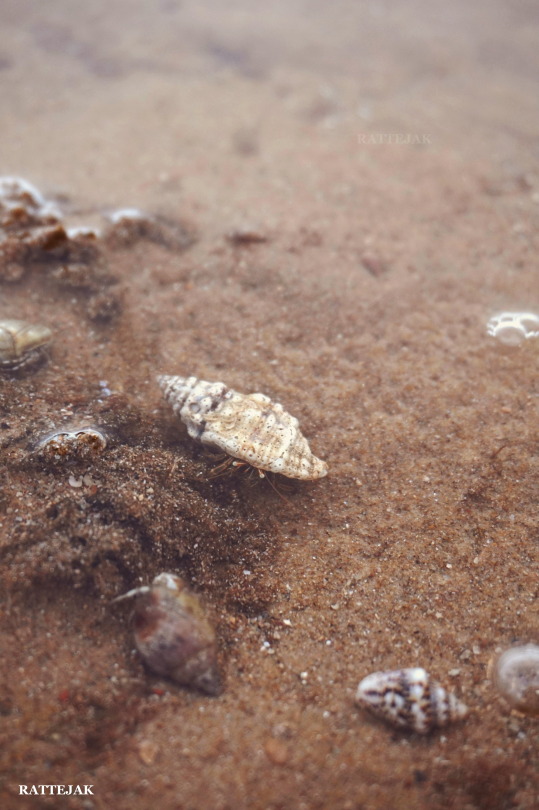
Lovely pink day at the beach ♥
Paguroidea species
22/08/21
#Paguroidea#Anomura#Pleocyemata#Decapoda#Eucarida#Eumalacostraca#Malacostraca#Multicrustacea#Crustacea#crustaceans#crabs#hermit crabs#beach#beach aesthetic#aesthetics#Aesthetic#ocean#sea#sea aesthetic#ocean aesthetic#photography#amateur photography#tidepooling#arthropoda#arthropods
11 notes
·
View notes